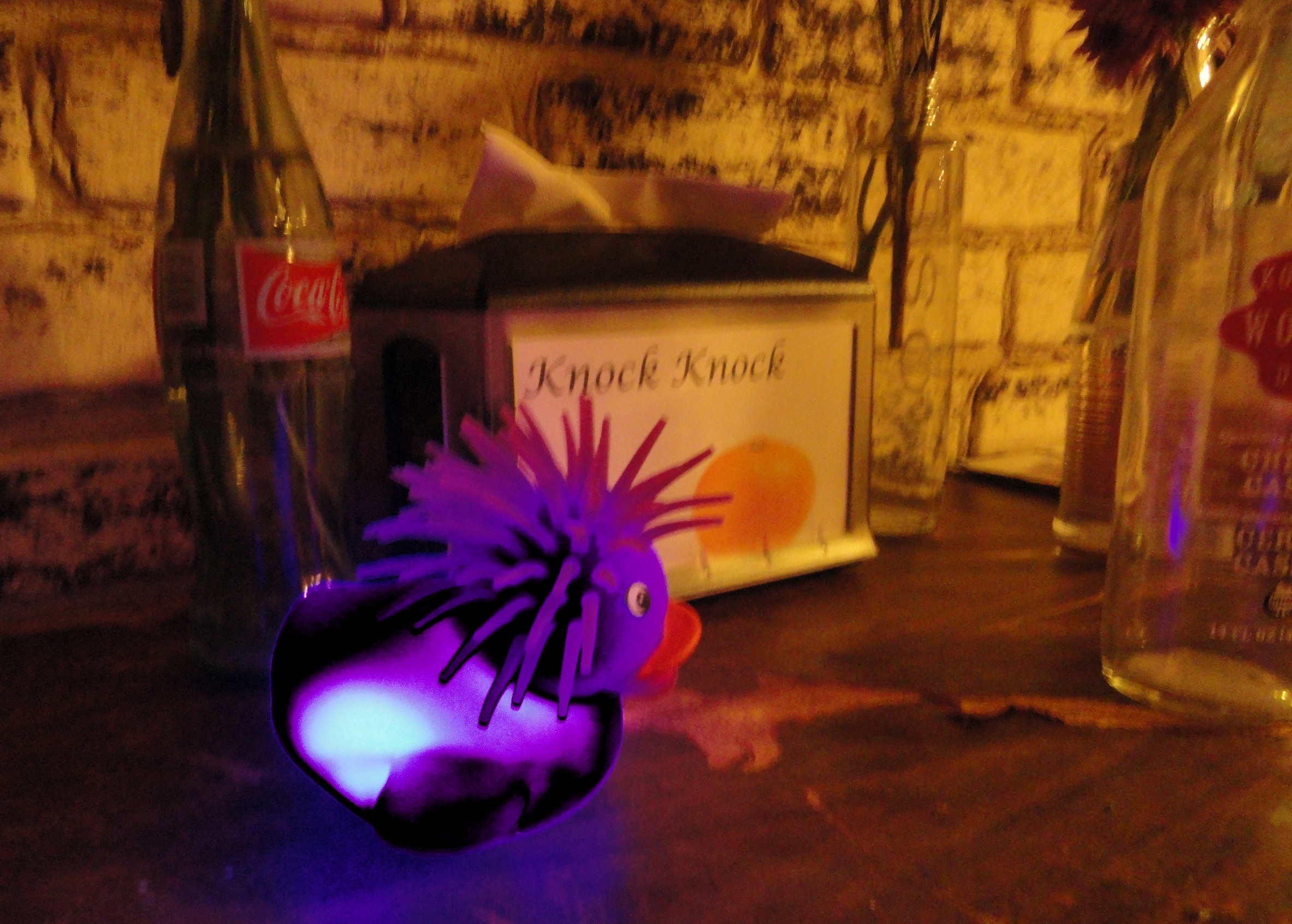Here is how to make yourself a safer, more peaceful person, before you even finish reading this post:
Just let your breath out, and don't breath back in right away. Empty out.
You can't talk without any air in you.
That will seem like five seconds, if you're full of adrenaline. But it will be one second or less.

Then your body will naturally fill back up, whether you want it to or not.
And the breath you breathe in will be all new oxygen. Not that dirty used adrenaline cloud you had built up before that. It might not totally dissipate in one breath; it might take three.
Hold it in. Top it off. Hold it. Let it out slowly—all the way out. Huff out the rest. Hold it out. Breathe in slowly...
There are a
lot of people in prison for life who wouldn't be if they had known they could let all their breath out, breath back in, hold it.
And there are parents who swat their kids, or yell at them, or tell them something the kid might remember for life, when they could have breathed out, huffed out the rest, breathed in a deep breath.
Deep breaths will probably help. You don't have to do it formally, and nobody even needs to know you're doing it.
Quotes and paraphrases lifted from SandraDodd.com/chats/breathing
photo by Sandra Dodd, of one part of Norwich Cathedral, from one angle, one moment







